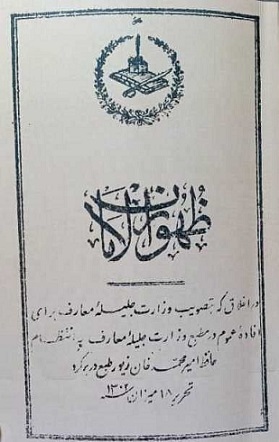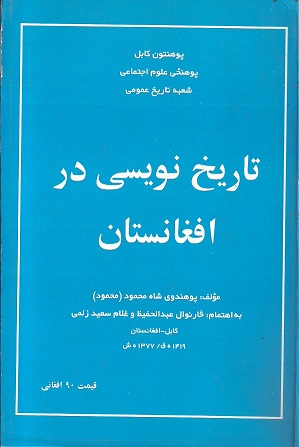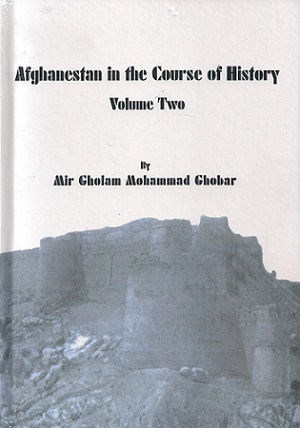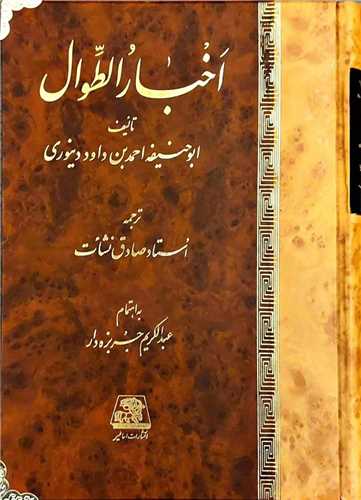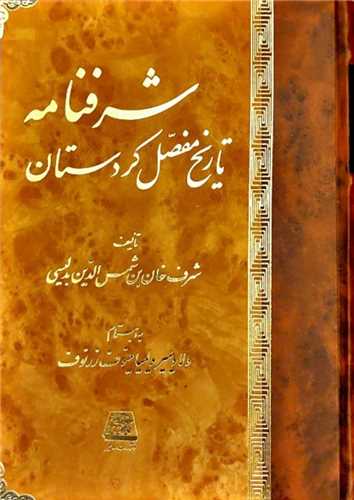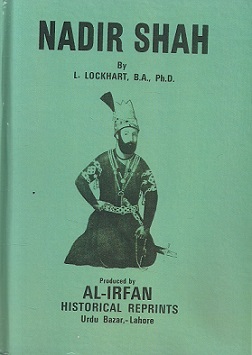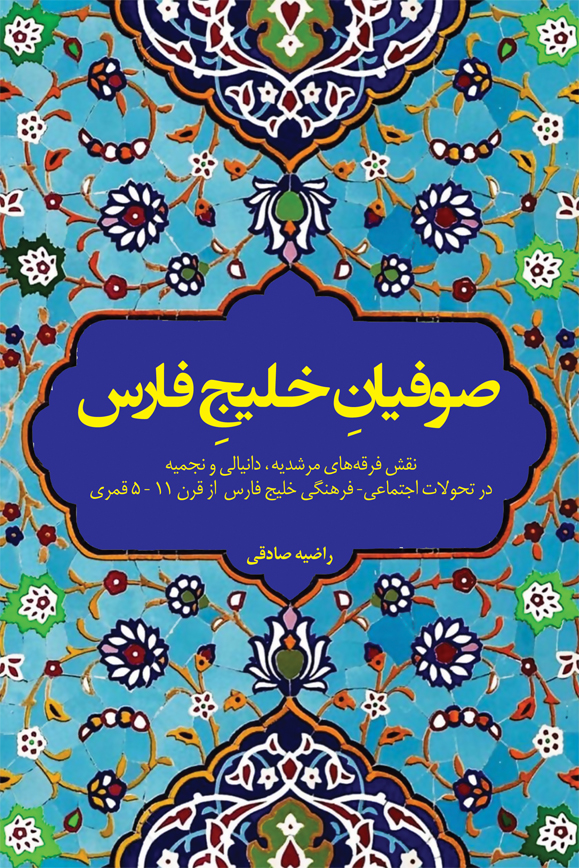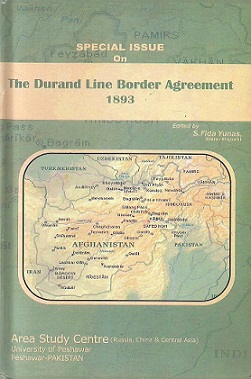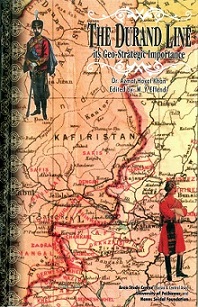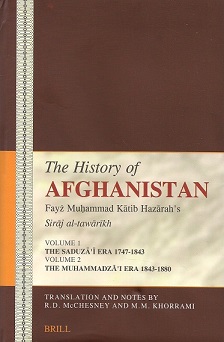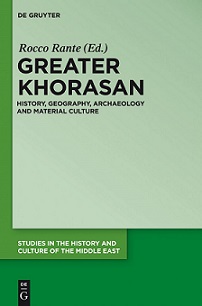ظهورالامان
Emergence of King Amanullah Khan (Ẓuhur Al-Aman)
ظهور الامان
Taqsir Abd al-Haqq
Ẓuhur Al-Aman (Emergence of Aman) (Emergence of King Amanullah Khan) is a book on civics published during the reign of Amanullah Khan (1919-29) as Amir of Afghanistan. The book's title pays homage to the name of Ammanullah Khan himself. In its treatment of the duties of the members of Afghan society to the ruler and to each other, Ẓuhūr al-amān appears to highlight the challenges faced by Amanullah Khan in his efforts to Modernize Afghanistan. The book is divided into more than 30 short chapters describing the rights and responsibilities of the ruler, of persons living within a family unit, and of members of Afghan society as a whole. Some sections, such as one on the rights that are to be afforded to the king (ḥuquq-i lazima bar padishah), are further divided into subsections. The book begins with several chapters on religious matters, including those on tauhid (the unity of God), on ʻibada (worship), and on fahm-i sharīʻat-i rasūl ʻalayhi al-salām (the sharia). Ẓuhūr al-amān was published on October 11, 1923, by the then newly established Ministry of Education. The author of the work, a religious scholar by the name of ʻAbd al-Haqq, lists his father as ʻAbd al-ʻAziz from the village of Lower Arghanda in the township of Paghman, near Kabul. He highlights, as well, his tribal affiliation with the well-known Pushtun tribe of Suleimankhel. (Ẓuhur Al-Aman)
My Rating
You Have To Buy The Product To Give A Review

